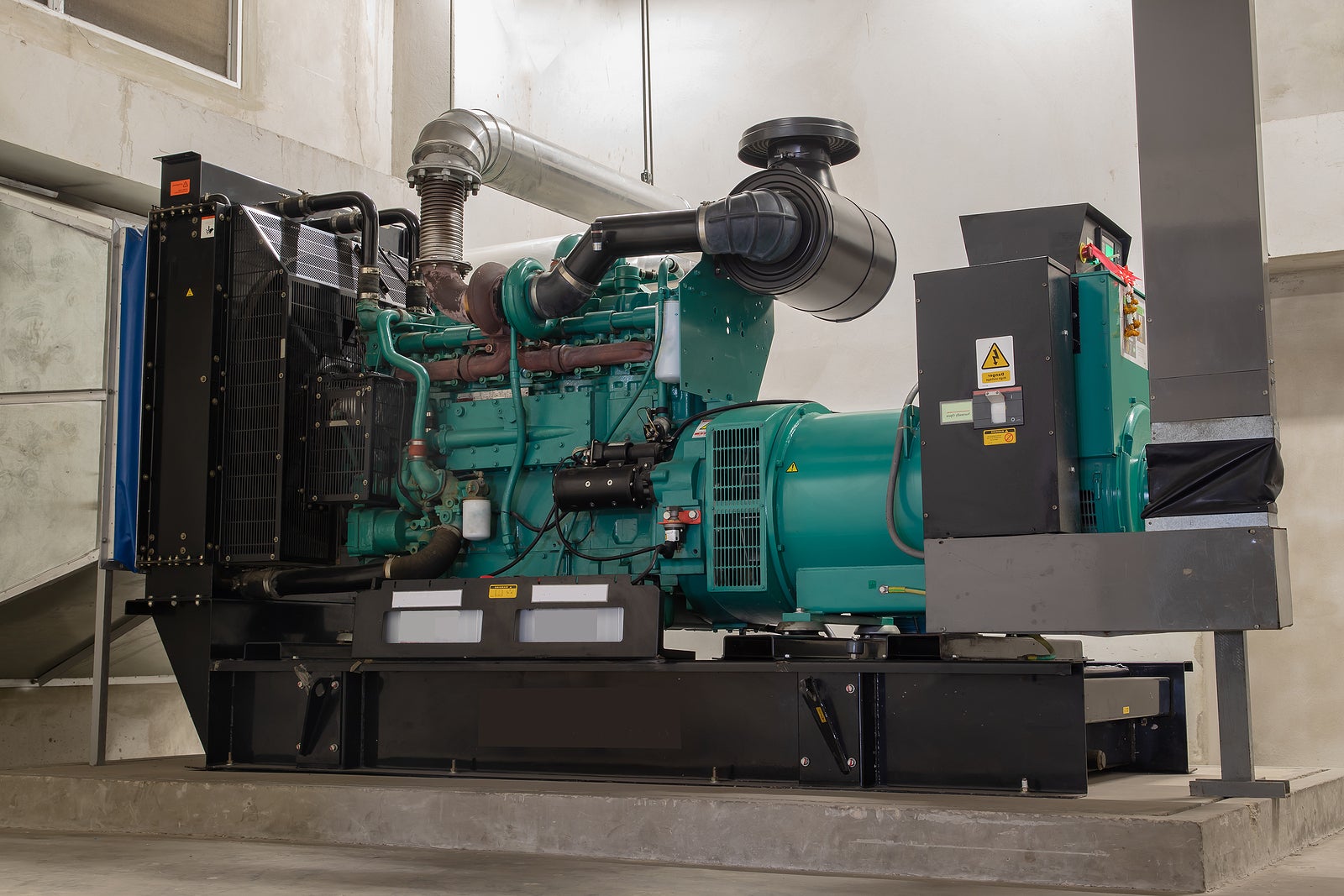5 Reasons Backup Power Is Critical for Your Business During Emergencies
By: Emily Newton

Global energy demand continues to rise, and various challenges affect the total supply. This has resulted in significant outages in some cases. Emergency or backup power solutions are becoming more instrumental than ever for anyone that wants to thrive in today’s unpredictable landscape. Adverse events are happening within the United States borders and in Europe, China and beyond.
Luckily, renewable energy and alternative sources are also seeing a surge in interest and adoption. The U.S. Energy Information Administration (EIA) estimates that the annual share of renewable energy electricity generation in the U.S. will increase to 22% in 2022 and 23% in 2023. Solar and wind generation will take the lead. However, one of the drawbacks of most renewable energy solutions is that you also need a viable storage system to retain and provide power when the primary sources are unavailable — like at night with solar.
That’s where backup power solutions come in handy. However, that’s not the only time it can provide a boost for connected homes and businesses. Backup power can help a company during emergencies, whether they are natural events or otherwise.
1. Lighting and Security
Every business, big or small, has two major concerns at all hours. The property or facility needs to remain secure from malicious events, and lighting directly correlates with security. An unlit and vulnerable company is often a prime target for thieves, looters or worse.
Lights often signal that someone is on the premises or a viable backup power source is available. It also means security systems are generally online, whether cameras, alarms or electronic locks. A backup power system will ensure devices remain powered up and online in the event of an outage. It’s a step in the right direction for keeping your property or business safe during emergencies.
2. Customer Contact and Operations
Even a minor outage can damage your normal operations and customer service. You cannot run checkout systems, you can’t do anything with electronics — like search inventory — and you certainly can’t interact with anyone not on-site. That means anyone waiting for customer service support through digital or electronic channels will be temporarily overlooked. Even some people on the premises will be out of luck, especially if they need help from an electronic or power-based system.
A backup power supply, like a generator, ensures your business can continue operations in the interim. It allows workers ample time to address everyone on-site before shutting down. This is incredibly important for companies that carry emergency supplies because you may well see new customers shortly after or during an outage.
3. Employee Support
Assume that an outage is severe enough that the business has to close down temporarily. Even when that happens, there are usually many employees on-site. If it’s during an event like a storm, they might not be able to leave right away because it’s not always safe to do so.
A backup power supply serves a dual purpose in this case. Employees have ample opportunity to wind down their work and prepare for the closure but also have time to get their needs in order. Those who can’t leave right away because it’s too dangerous have a safe place to hunker down in the meantime. What’s more, if the conditions are safe for them to continue working, the backup power supply can generate enough energy to keep everything online, allowing everyone to maintain their productivity.
4. Digital Operations
Emergency and backup power solutions aren’t always about keeping the power on for the primary operation. For example, an uninterruptible power supply (UPS) is often connected to computers and servers as a temporary solution. Normally, when the power goes out, a computer shuts down immediately and any work being done on that system is lost as a result. However, a UPS offers enough energy for machines to run for a few minutes longer, allowing users to save their work and shut down safely.
That is precisely what backup power solutions can provide digital technologies and operations. Any electronic data related to the business, whether physical or online, can be completed and backed up as needed. A generator can save a lot of information or provide plenty of time to secure it.
Businesses that use IIoT or internet-connected devices should definitely have a backup power source. That way, they can transmit and preserve mission-critical data without being abruptly shut down or taken offline.
5. Automation
Emergency or backup energy systems are often designed to kick on automatically when the power goes out. They eliminate the need for business owners or property managers to go to the site after an outage. It also gives a lot more wiggle room during an emergency or event, regardless of what’s happening.
Suppose the necessary administrators are not nearby during an outage. They have a grace period for visiting the property, especially if other employees or managers are trained to maintain and monitor the backup power solutions. The backup power system kicks on and then shuts down when the main power returns, and it does all this without human input.
Reliable Power When You Need It Most
Emergency power has the potential to prop up your business and maintain operations during an outage or disaster. Backups will kick in and provide energy to critical systems automatically when a blackout occurs.. This allows you to keep lighting and security systems online, offers ample time to back up computers or data storage, and enables you to continue supporting customers and employees.
The global energy demand continues to rise, prices are growing exponentially and the supply itself is becoming increasingly challenged. Having a backup power solution for your business is never a bad idea.
2693 Views












